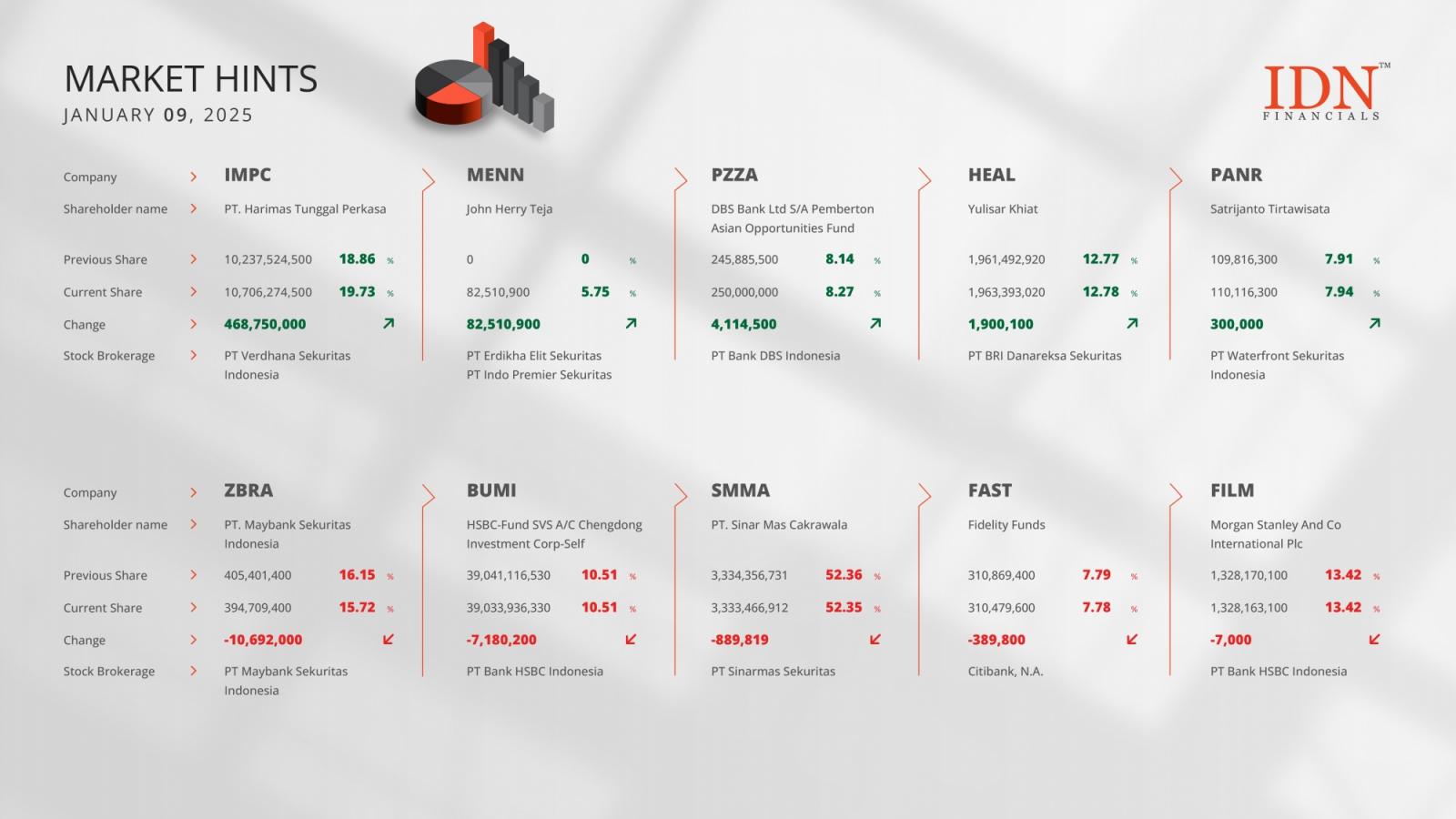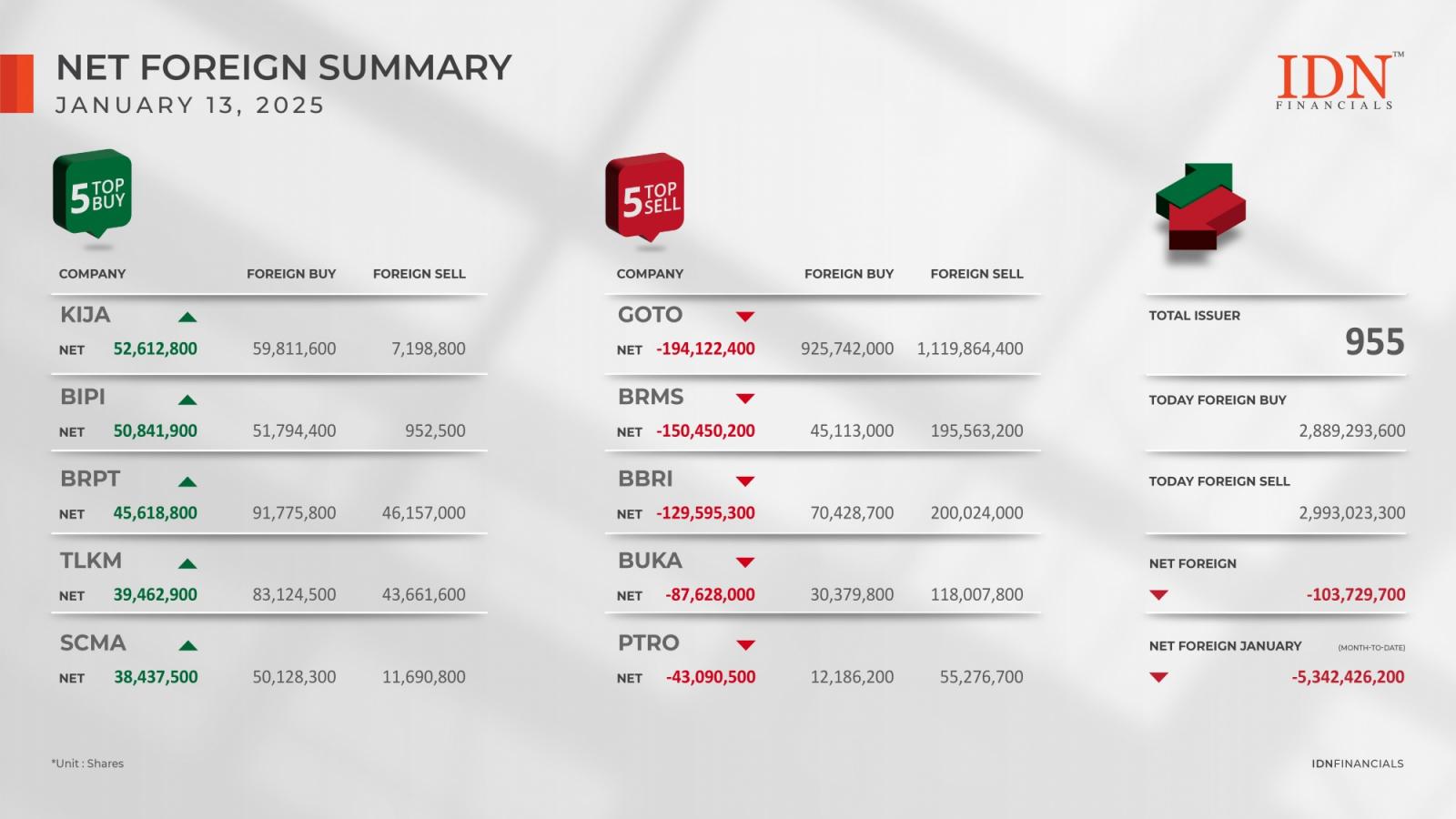-- North American investors still have more room to invest in Japanese stock markets, BOFA analysts said in a recent note, with a bulk of investors on the cusp of allocating more capital after a stellar rally over the past year.
Citing meetings with U.S. and Canadian investors, BOFA said that while several Asian investors had been moving capital from China to Japan amid a paradigm shift in the country’s economic prospects, only a small group of U.S. and Canadian investors were overweight on Japan.
NA investors consider Japan allocation after strong rally
But a growing number of North American investors expressed interest in allocating more capital to Japan, with an element of FOMO (fear of missing out) also in play after a sharp melt-up in Japanese stocks over the past year, BOFA said.
Japan’s Nikkei 225 index was among the best-performing major stock indexes in 2023, up nearly 30%, and hit a series of record highs so far in 2024. Strength in the index was driven by a mix of strong corporate earnings, heavy technology and chipmaking exposure to the artificial intelligence boom, and an ultra-dovish Bank of Japan, which contrasted other major global central banks.
Flows into Japan were also driven by investors pivoting out of China, amid worsening economic conditions, and into Japan, whose economic prospects looked relatively better.
Bank of Japan pivot a risk, but…
BOFA analysts said that a BOJ pivot, which is widely expected during the bank’s March meeting, presented some risks to the outlook for Japanese stocks. Rapid appreciation in the yen, following any such moves by the BOJ also presented a risk.
But BOFA analysts noted that the central bank was likely to remain conservative in tightening policy, and that policy should remain relatively loose for at least the next two years.
“The BOJ is likely to raise rates gradually, and that the market is pricing in a rate hike up to 0.5% over the next two years (we expect the policy rate to be raised to 0.5% over the next year), and assuming a core CPI at 2%, the real policy rate would remain at -1.5% for the next two years,” BOFA analysts wrote in a note.
Watch Japanese demand-driven stocks, manufacturing
With Japan now entering an era of higher wages and inflation, BOFA analysts said that investor preferences for local stocks could potentially widen into domestic demand-driven stocks, including retailers, service providers, IT services and to some extent, the real estate market and insurers.
Japanese manufacturers may also benefit from a recovery in the global manufacturing cycle, especially as China and the U.S. begin rebuilding their supply chains.
Investors who were overweight on Japanese stocks over the past year were focused largely in banks, trading companies, automakers and semiconductor companies.





